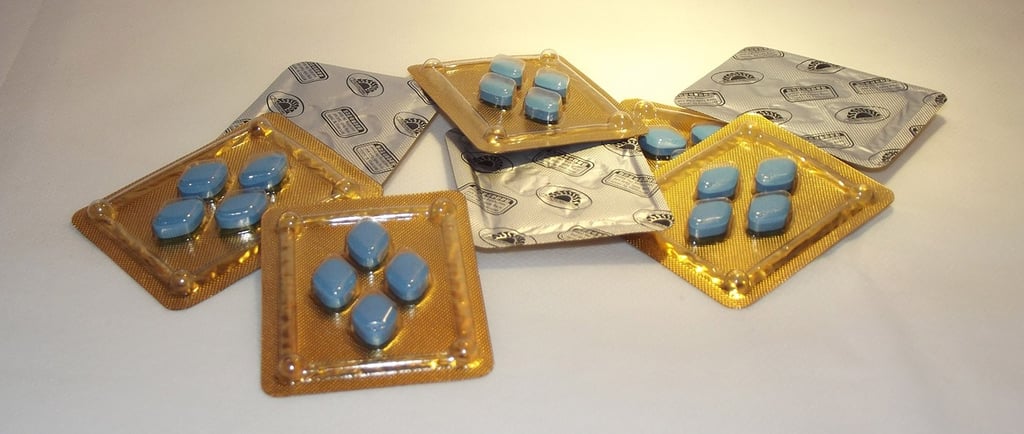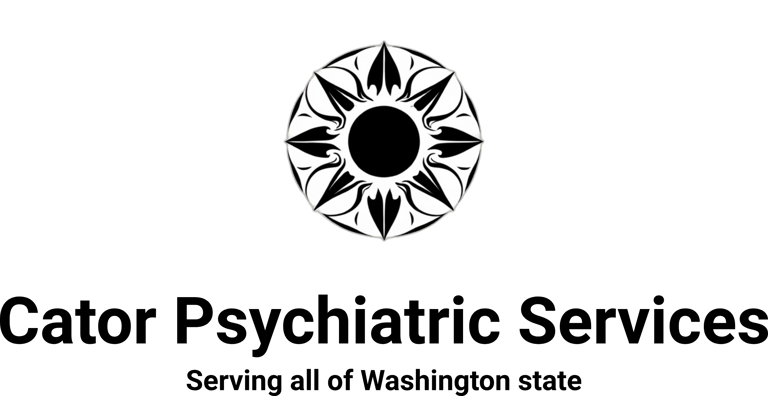Erectile Dysfunction and Mental Health
Erectile dysfunction and how it affects your mental health and some solutions.


Erectile Dysfunction and Mental Health: Understanding the Connection and Exploring Solutions
Erectile dysfunction (ED) is a common condition that affects millions of men worldwide. While it is often discussed in terms of its physical implications, the impact of ED on mental health is equally significant and deserving of attention. In this blog post, we will explore how erectile dysfunction can affect mental health and how it can be addressed with medication.
The Connection Between Erectile Dysfunction and Mental Health
Erectile dysfunction is defined as the inability to achieve or maintain an erection sufficient for satisfactory sexual performance. This condition can stem from a variety of physical causes, such as cardiovascular disease, diabetes, hormonal imbalances, and neurological disorders. However, the psychological ramifications of ED can be profound and multifaceted.
Emotional Impact
Anxiety and Stress: The fear of sexual failure can lead to performance anxiety, which exacerbates the problem. This anxiety can spill over into other areas of life, causing generalized stress and worry.
Depression: Persistent ED can contribute to feelings of sadness, hopelessness, and low self-worth. Men may feel emasculated and struggle with their identity and self-esteem.
Relationship Strain: Intimacy is a key component of many relationships, and ED can create a barrier to physical and emotional closeness. This can lead to misunderstandings, frustration, and even relationship breakdowns.
Social Isolation: Men with ED may withdraw from social interactions due to embarrassment or fear of judgment. This isolation can further compound feelings of loneliness and depression.
Addressing Erectile Dysfunction with Medication
Fortunately, there are effective medications available that can help manage ED and, in turn, alleviate its negative impact on mental health. Here are some commonly prescribed options:
Phosphodiesterase Type 5 Inhibitors (PDE5 Inhibitors)
Sildenafil (Viagra): One of the most well-known ED medications, sildenafil enhances blood flow to the penis, helping to achieve and maintain an erection. It is typically taken about an hour before sexual activity.
Tadalafil (Cialis): Tadalafil has a longer duration of action compared to sildenafil, lasting up to 36 hours. This provides greater spontaneity for sexual activity.
Vardenafil (Levitra): Similar to sildenafil, vardenafil is taken shortly before sexual activity and works by increasing blood flow to the penis.
Avanafil (Stendra): A newer option, avanafil works quickly, often within 15-30 minutes, and has a shorter duration of action, making it a good choice for those seeking a fast-acting solution.
The Importance of Comprehensive Care
While medication can be highly effective in treating the physical symptoms of ED, addressing the psychological impact requires a comprehensive approach:
Counseling and Therapy: Cognitive-behavioral therapy (CBT) and sex therapy can help men and their partners navigate the emotional and relational challenges associated with ED. Therapy can also address underlying mental health issues such as anxiety and depression.
Lifestyle Changes: Regular exercise, a healthy diet, quitting smoking, and reducing alcohol consumption can improve overall health and erectile function.
Open Communication: Encouraging open and honest communication with partners can alleviate stress and improve intimacy.
Support Groups: Joining a support group can provide a sense of community and reduce feelings of isolation.
Conclusion
Erectile dysfunction is more than just a physical condition; it has far-reaching effects on mental health and relationships. Understanding the connection between ED and mental health is crucial for comprehensive care. If you or someone you know is struggling with ED, do not hesitate to reach out.
